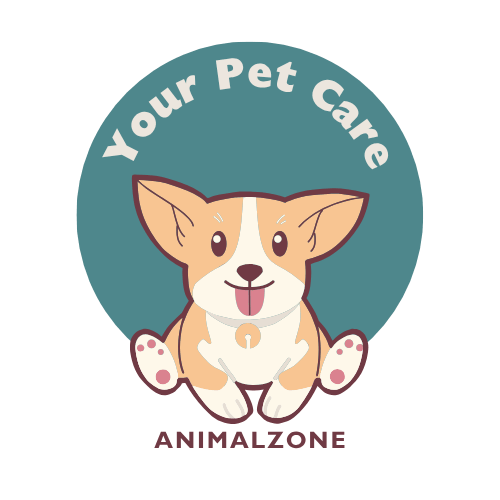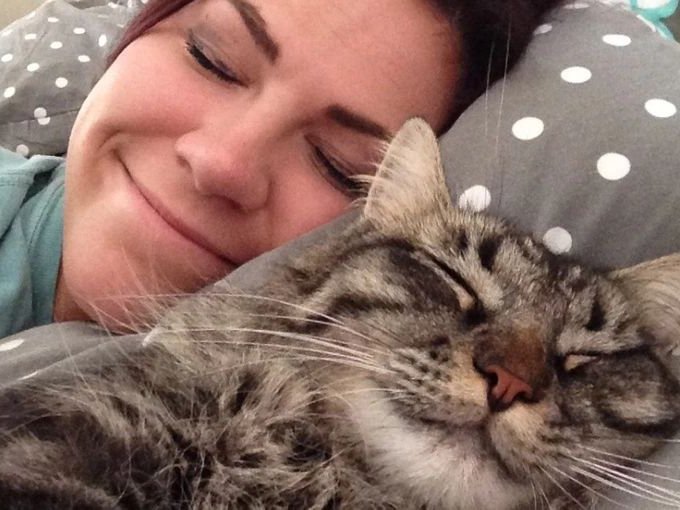Have you ever looked at your pet and thought, “We’re kind of alike”? Maybe your cat loves napping all day just like you on Sundays, or your dog mirrors your anxious pacing before a big event. You’re not imagining things — science suggests that dogs and cats can take after their humans, both behaviorally and emotionally.
Let’s explore how and why our pets sometimes become a reflection of us.
Do Pets Mirror Human Behavior?
Yes, many studies have shown that pets, especially dogs and cats, often mirror their owners’ emotions, behaviors, and even personalities. This phenomenon is more than coincidence. Pets are highly observant and emotionally intelligent animals, capable of forming strong bonds with humans. Over time, they may adapt their responses based on your routines, moods, and lifestyle.
Dogs: The Emotional Sponges
Dogs are pack animals by nature and have evolved over thousands of years to be incredibly responsive to human behavior. They’re known to:
-
Sense stress or anxiety in their owners and become restless or anxious themselves.
-
Become more outgoing and social if they live with extroverted humans.
-
Reflect calm and relaxed energy if their owner has a mellow personality.
In fact, research has shown that dog-owner pairs often have similar stress hormone levels (cortisol), and dogs may even adopt their humans’ mental health patterns, including signs of depression or separation anxiety.

Cats: Quiet Observers, Subtle Imitators
While cats are more independent and less overtly social than dogs, they are still deeply influenced by the humans they live with. Studies suggest that cats:
-
Learn routines and emotional cues from their owners.
-
May imitate habits like mealtimes, sleeping patterns, or even sitting in similar postures.
-
Are more affectionate and relaxed when living with calm, responsive owners.
Cats tend to form strong bonds with their primary caregivers and may even follow them from room to room, meow in response to conversation, or become visibly stressed if their owner is upset.
Personality Compatibility
Interestingly, pet owners tend to choose animals that match their own personality traits — whether intentionally or not. For example:
-
Extroverts may prefer active dog breeds like retrievers or spaniels.
-
Introverts may gravitate toward calm cats or quieter dog breeds.
-
Anxious owners may find comfort in pets that are gentle and low-maintenance.
Over time, this compatibility reinforces shared behaviors, creating pets that seem to “take after” their humans naturally.
Can Pets Influence Us Too?
Absolutely. The relationship is mutual. Just as pets pick up on our behavior, we also adapt to theirs. Pet owners often report:
-
Feeling calmer or more structured due to pet routines.
-
Becoming more active thanks to daily walks with dogs.
-
Developing emotional intelligence and empathy through interaction with pets.
Learn More:
Explore more about pet psychology and emotional bonds at zoopiahub.com

